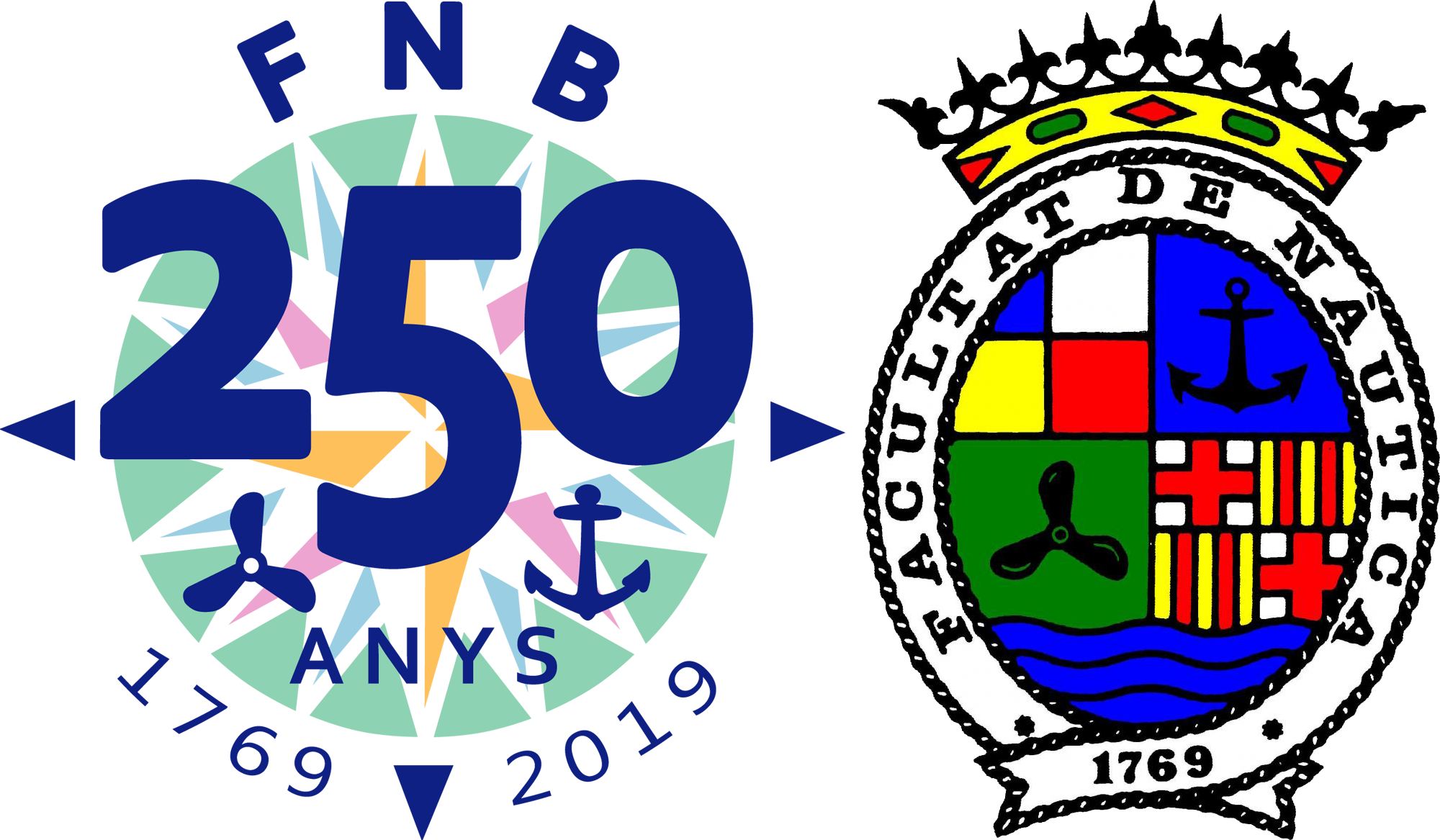
This BIP forms part of the Erasmus+ programme and is co-funded by the European Union
Course description
The Fundamentals of maritime autonomy: principles and technological concepts is a BIP course. A BIP (Blended-Intensive programme) is an Erasmus+ short, intensive programme that uses innovative ways of learning and teaching, including the use of online cooperation short challenge-based courses that combine online collaboration and a short physical mobility, in which students will meet face-to-face.
This BIP is an elective course of 6 ECTS credits.
Aims and learning objectives
The learning goal of this BIP is to ensure that all students who successfully complete the course:
-
Acquire sufficient knowledge in the concepts, technologies and tools regarding Maritime Autonomous Surface Ships (MASS).
-
Have a broad view about the different degrees of Autonomy and their implications.
-
Understanding of Human Factors issues related to the design of equipment, end-user competencies and the integration of the technology and human elements within the broader socio technical system.
-
Be able to identify and use the correct methods regarding Cybersecurity.
-
Operate in different situations through remote- control, enhancing the correct communications and the accurate use of the E-navigation.
Activities and methodology
The BIP development has two parts a theoretical and practical one:
1) The theoretical part will be carried out based on the presentation of the content of the topics in order to configure the conceptual and doctrinal scheme of the objective problem of the discipline. Students will have to prepare (and expand) with the recommended bibliography.
2) In a coordinated way and parallel to the theoretical part, the development of the practical part will be carried out according to the resolution by the students of the corresponding exercises and practical cases; including the use of simulators.
Partner Universities
-
Universitat Politècnica de Catalunya, Spain. Coordinator university.
-
University of South-Eastern Norway – USN, Norway. Host university
-
University of Zadar, Croatia
-
Antwerp Maritime Academy, Belgium
Students profile
The profile of the students can be multidisciplinary, particularly highlighting final year bachelor's degree students and master's degree students from nautical studies, marine engineering.
Calendar
The BIP's course weekly schedule is:
-
Weeks 1 to 3: Welcome to BIP and introduction to MASS and ROC - Virtual
-
Weeks 4 to 6: Human Factors, Human Machine Interactions, and Cybersecurity - Virtual
-
Weeks 7 to 9: Operational aspects of unmanned and autonomous vessels - Virtual
-
Week 10: Deadline for course tasks - Virtual
-
Week 11: Physical attendance: Practice and Basic Simulation on MASS and ROC at USN Norway - Face to Face
Venue
Face-to-face activities will take place at University of South-Eastern Norway – USN, Faculty of Technology, Natural Sciences and Maritime Sciences, 3199 Borre, Norway.
The University of South-Eastern Norway (USN) has a competence framework, training programme and pilot course for land operators of autonomous ships to create a specific training programme for qualified navigators to become land-based operators of autonomous ships.
Partners
BIP Program Coordinator: clara.boren@upc.edu

 Directori UPC
Directori UPC Contacte
Contacte
 PDI i PAS
PDI i PAS Estudiants
Estudiants Escoles de secundària
Escoles de secundària Alumni
Alumni




 fnb.upc.edu
fnb.upc.edu Youtube
Youtube
